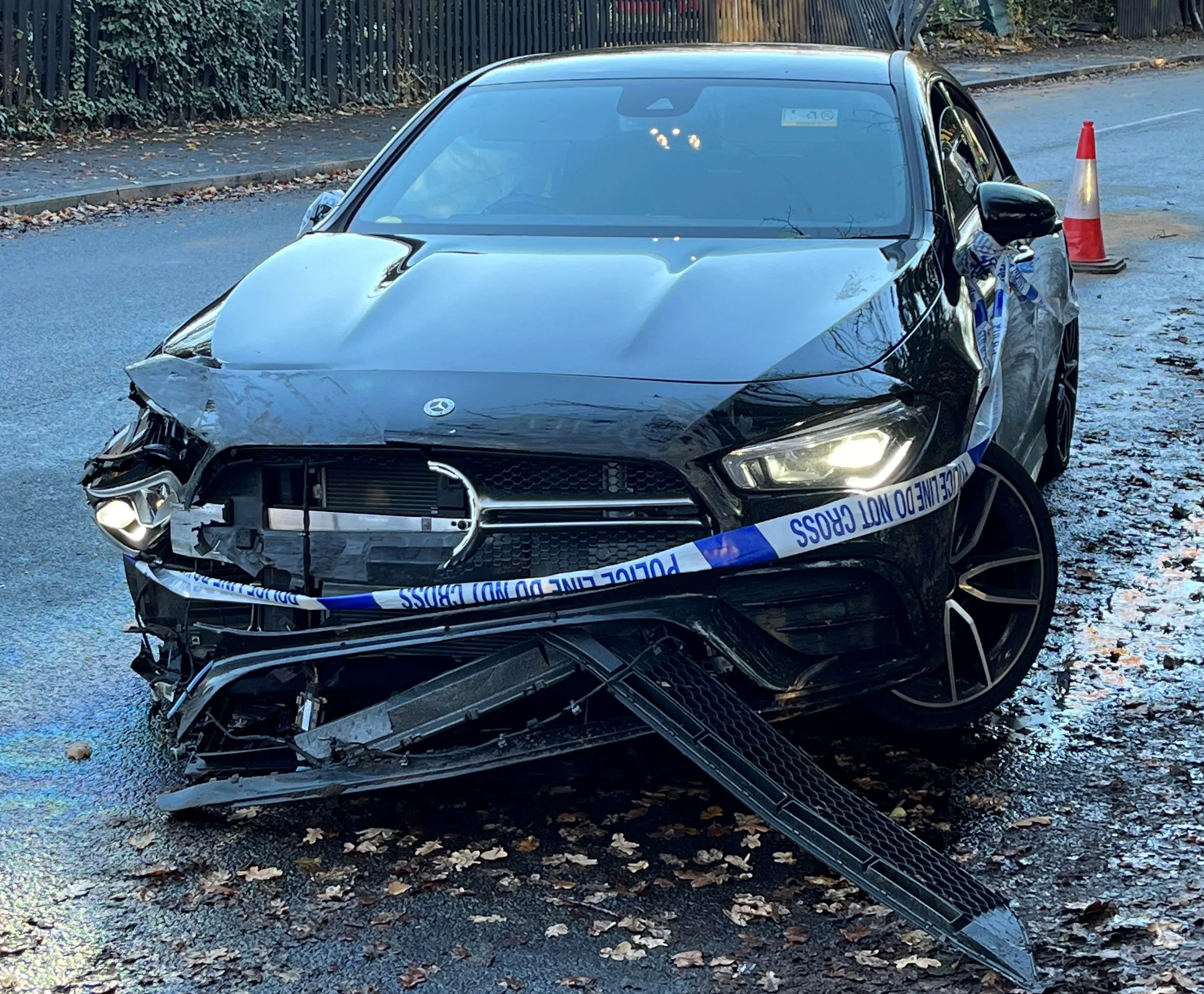The UK-based IAM (Institute of Advanced Motorists) is calling on the British government to introduce a national strategy of driving health checks and better information for elderly drivers and their families.
The call comes after a poll showing that 42% of the population are worried about an elderly relative driving, yet they are unlikely to do anything about it.
The IAM and Vision Critical poll of 1,297 people shows that while concern about elderly drivers is evident, acting on our concerns is another
March 27, 2014
Read time: 2 mins
The UK-based IAM (5125 Institute of Advanced Motorists) is calling on the British government to introduce a national strategy of driving health checks and better information for elderly drivers and their families.
The call comes after a poll showing that 42% of the population are worried about an elderly relative driving, yet they are unlikely to do anything about it.
The IAM and Vision Critical poll of 1,297 people shows that while concern about elderly drivers is evident, acting on our concerns is another issue: 58% of those concerned did nothing about it.
When we do talk to our relatives about their driving it does not always go down well. Of those that had done this, nearly half of respondents (47%) were met with negative reaction.
IAM chief executive Simon Best said, “Talking to an elderly relative about their driving is a difficult conversation to have. Driving is associated with independence, so giving up the car keys can be a very stressful process. This is especially true for drivers with dementia as they often underestimate the impact of the condition on their driving skills.
“Voluntary online and on road driving assessments will provide an unbiased view and help everyone make the right decision at the right time. We are finding while there are some elderly drivers who should not be on the road, most get it right and as many as 15% give up too early.
“But with ever increasing numbers of elderly drivers, this is a growing mobility and road safety issue that won’t go away. The government needs to act now.”
The IAM wants a government action Plan for older drivers; widespread availability of voluntary on road driving assessments; more car manufacturers considering older drivers in vehicle design; better information and online assessment tools for older drivers, their families and health professionals; and road designs that make it easier for older drivers to keep driving.
The IAM says there are now more than four million drivers over 70 years old in the UK, a figure that is set to increase to 5.8 million in 2032.
The call comes after a poll showing that 42% of the population are worried about an elderly relative driving, yet they are unlikely to do anything about it.
The IAM and Vision Critical poll of 1,297 people shows that while concern about elderly drivers is evident, acting on our concerns is another issue: 58% of those concerned did nothing about it.
When we do talk to our relatives about their driving it does not always go down well. Of those that had done this, nearly half of respondents (47%) were met with negative reaction.
IAM chief executive Simon Best said, “Talking to an elderly relative about their driving is a difficult conversation to have. Driving is associated with independence, so giving up the car keys can be a very stressful process. This is especially true for drivers with dementia as they often underestimate the impact of the condition on their driving skills.
“Voluntary online and on road driving assessments will provide an unbiased view and help everyone make the right decision at the right time. We are finding while there are some elderly drivers who should not be on the road, most get it right and as many as 15% give up too early.
“But with ever increasing numbers of elderly drivers, this is a growing mobility and road safety issue that won’t go away. The government needs to act now.”
The IAM wants a government action Plan for older drivers; widespread availability of voluntary on road driving assessments; more car manufacturers considering older drivers in vehicle design; better information and online assessment tools for older drivers, their families and health professionals; and road designs that make it easier for older drivers to keep driving.
The IAM says there are now more than four million drivers over 70 years old in the UK, a figure that is set to increase to 5.8 million in 2032.







